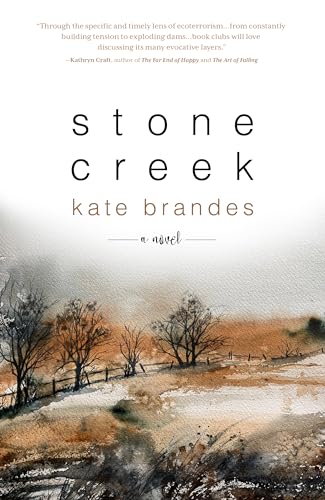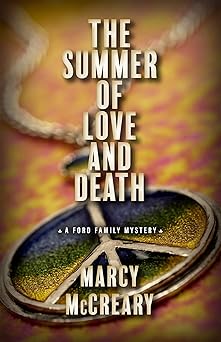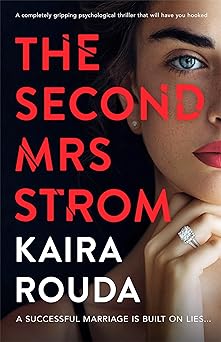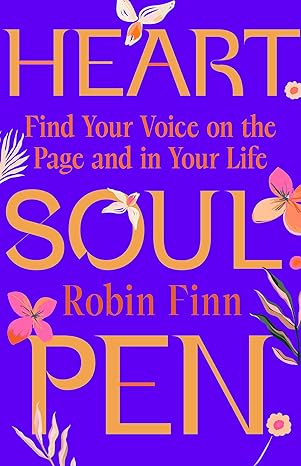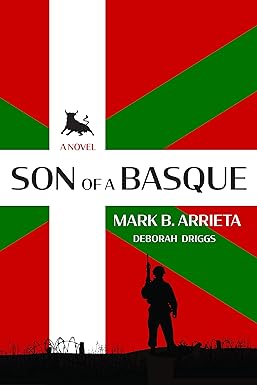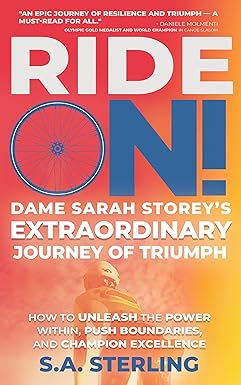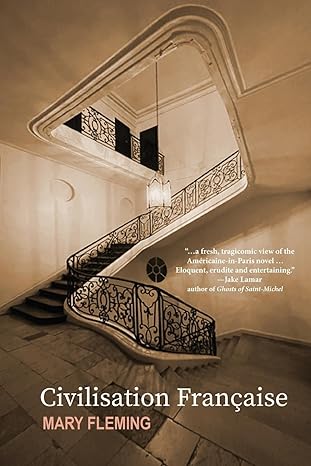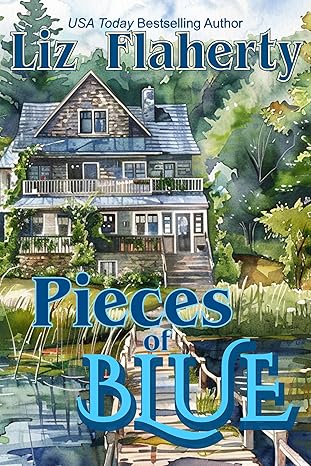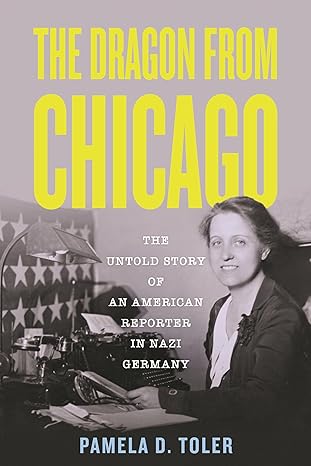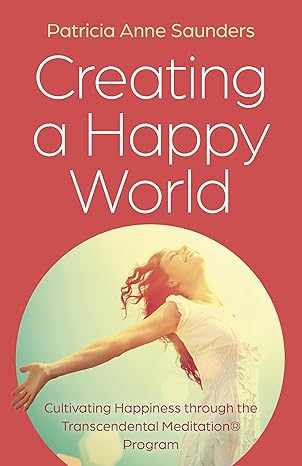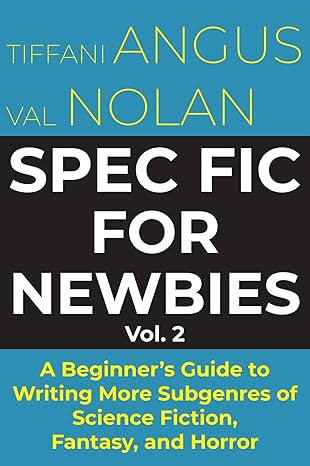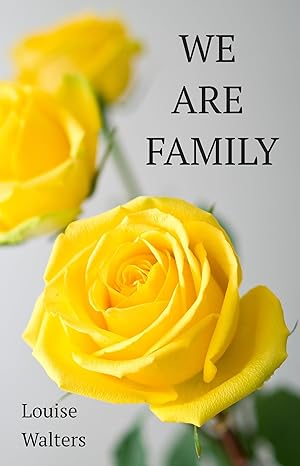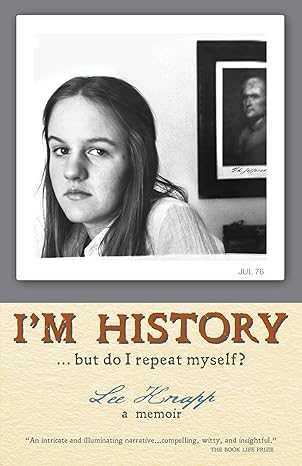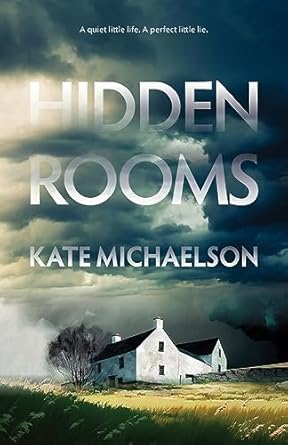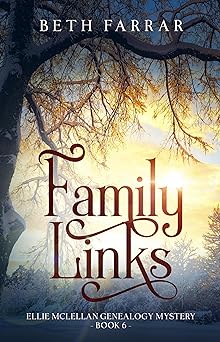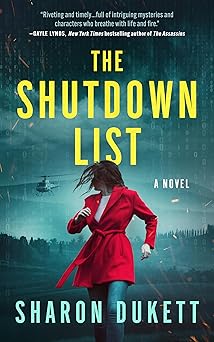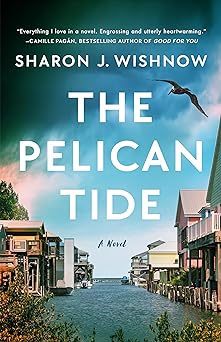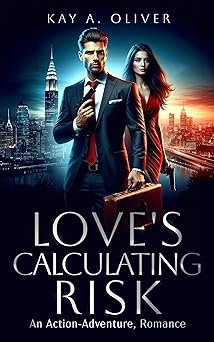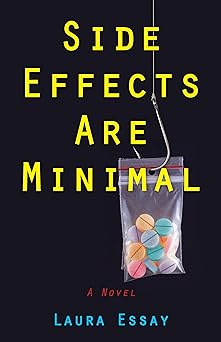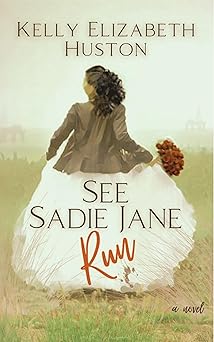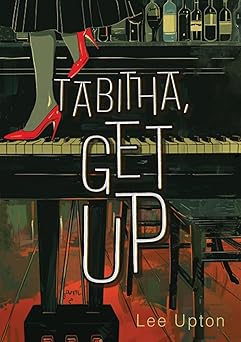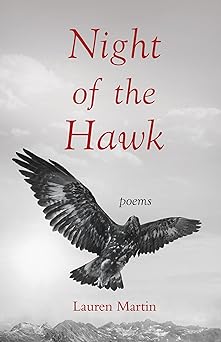BEING AGENTED IRL – Part One
A Twenty-Five-Question Interview Published as a Five Part Series
| Hosted by MM Finck |
| Anonymously Answered By Agented Authors* with Varying Publishing Career Durations and Successes from Debut to Bestselling and Represented by Multiple Literary Agencies of Varying Sizes |
QUESTION ONE
Why did you choose the traditional publishing track?
Abha: Because I didn’t want to have to figure out marketing, promotion, sales on my own.
I really wanted to have someone with some experience and wisdom directing those efforts. Also, a small part of it was that to me, having someone else judge my work as good enough to be published sort of validated all my hard work. I’m not at all saying that’s the case for everyone and there are wonderful books self-published all the time, but specifically for me, I wanted the outside validation by someone in the industry.
Anna: I wanted to be published, not publish myself. I became fascinated with the publishing business and wanted to be part of it. There was validation in “being chosen.”
Billie: Nothing else existed when I started, but I think I’d still want the recognition of the traditional market.
Carly: I chose the traditional publishing track for two reasons. The first was that I was bullied through middle school and made to feel like I would never amount to anything. So getting the approval from people in a business where acceptance is so slim was something I think I needed for my psyche – to know that I was “good enough”. Second was the knowledge that the marketing reach would be so much bigger with a traditional publisher.
Evelyn: I’d self-published my memoir and although it was well-received, due to the built-in platform it was much easier to reach my audience. Fiction is so much more subjective. I felt I needed to go traditional route so that a publisher could route my book to target potential readers using their historical data and seasoned PR team.
Katalina: I have always dreamed of seeing physical copies of my own book in brick-and-mortar stores, and traditional publishing seemed the best path to making that happen. Also, I didn’t want to be responsible for hiring my own editor, cover designer, publicist, or other professionals that I might need to make a self-published book stand out. By going the traditionally published route, my main responsibility remains writing, rather than taking care of all the other aspects of publishing.
Joan: Because I need a great editor (or two!). I’m one of those writers who loves to rewrite, and I’ve been blessed to work with amazing editors. Every draft I do with an editor takes me down to another level. I love that part of the process.
Gemma: It’s what I’ve always wanted to do. I never had any interest in self-publication, or even Indie publication. I was ready to write as many books as I needed to get an agent and a Big 5 contract.
Jasmine: Several reasons: Validation. To share the costs of publishing. To have experts leading the way. To use their marketing and sales connections. Fellowship with other accomplished authors. Not to have to bear all the expertise of everything or every decision on myself. One vision I have for myself is to be hybrid author, traditional first, then leverage on that for self-pub/hybrid publisher if I can afford to give my book the same or better treatment/exposure as the TP model.
Keisha: I published with a small publisher and did not get the distribution I had hoped for, so I wanted to try for one of the “big guys” to see if my words could travel further.
Padme: Validation, support of a knowledgeable team that would keep me honest to my best work, and because my sub-genre (psychological women’s fiction) requires wide distribution and targeted promotion to reach its audience.
Zaylene: It chose me! After the success of an indie book, an agent contacted me.
Jennifer: I want to see my book in bookstores throughout the country (and ideally, throughout the world.) My understanding is that this would be very difficult to accomplish through self-publishing.
Rala: When I started in 1999 there were two choices, traditional and vanity press.
Seraphina: I have zero marketing skills. Like, none. I need the backing of a publisher. In all honesty, I also wanted the credibility a traditional publisher gives a writer. After my first sale, I felt like a “real” writer. I know that definition isn’t very popular, but that particular type of validation was important to me.
Zoe: I wanted to establish myself first in the traditional market, with an eye to one day becoming a “hybrid” author. Both have great pluses (and some drawbacks).
Emma: Mostly to have the bookstore distribution – plus there is something about feeling like your work is taken ‘seriously.’
QUESTION TWO
Approximately, how many queries did you send for your agented manuscript before you got the call?
Abha: My situation was a little different in that a publisher was interested in my story before I actually had an agent. I’d sent about 65 queries before I learned about the publisher’s interest.
Anna: I met my agent via an online contest after about 80 queries, but didn’t sign until months later when I was at 125+ queries.
Billie: I sold my first books on my own, to a traditional romance publisher, and didn’t get an agent until my third book for them, after having a new editor on all three books. I decided I needed someone in my corner if the editors were going to be a revolving door, and in general, this has been a solid decision.
Carly: I sent 43 queries before I got “the call” from my agent.
Coauthors N: We went through two rounds of queried with two novels, to no avail. We wrote our third book, and were able to get it on the desk of an editor at Atria Books, who wanted to buy it, and then we connected with our agent to close the deal.
Emma: Seven.
Evelyn: I sent out about 25 queries in mid-august and another 25 in early November. I received three requests for full mss. Got the call on Nov 16.
Gemma: I sent 26 total. My first offer came about a week after I sent the full, and then it was a mad rush to nudge everyone else. My story is not typical.
Jasmine: For my first novel which was terrible, sixty maybe? For the next one which got me my agent, one agent requested a full on an exclusive (Do not do this! It is outdated.) at a conference and then languished with it for nearly a year before having her intern communicate her pass. Then I entered an IRL pitch contest and realized I needed help describing my story in a marketable way. I hired a query letter coach (The Book Doctors. Arielle is my goddess.) It was the same manuscript, but a much better letter and much better results. Some non-responses, but a lot of encouraging, personalized rejections with advice and a handful of full requests. Then conversations with two agents and a R&R with the agent I signed with. I don’t know how many queries I sent out with that revised letter (maybe 20?). I didn’t focus on that. I focused more on maintaining a target number of “live” ones and putting the passes out of my mind.
Jennifer: 18
Joan: Forty-seven. Weird how I can remember the exact number…
Katalina: For my published novel, I sent probably 10 queries before I found my way to my agent. However, I had spent years unsuccessfully querying another project, and I lost count of the number of queries I sent out for that one.
Keisha: Ten
Nelly: Over 100.
Padme: 112.
Rala: I sent out four to agents who were personal friends of friends. After receiving their responses, I made some modifications and sent out (snail mail) twenty queries. I received an offer three days later and had to send out (snail mail) 19 please withdraw my novel from consideration notices. This was for a mystery series.
Seraphina: This was in 2009. Twenty, I think? But I was initially signed by my first agent for a YA contemporary. She stayed with me after that didn’t sell, and ultimately sold my first women’s fiction in a two-book deal. I’ve since left that agency and moved on to another. When I queried for the second time, I think I sent out 15.
Zaylene: I’ve never queried an agent (Do not throw sticks at me please). [Zaylene’s indie-pubbed book garnered enough attention that an agent contacted her.]
Zoe: Exactly 112. ☺ Tried to quit after 100 and one of my crit partners browbeat me into continuing—for which I am endlessly grateful. Persistence is the #1 hallmark of success, in my opinion.
QUESTION THREE
Were you asked to do a revise-and-resubmit (“R&R”) before the offer of representation? If so, what was the extent of the requested revision?
Abha: I did not do any edits before signing with my agent or with the publisher.
Anna: Sort of. He said he’d work with me but wouldn’t submit to publishers until the changes were made. I reworked the manuscript for a year, and when it was done, it sold a month later.
Billie: No.
Carly: I was not asked for an R&R from my agent, but I was asked for one by one of the “Big 5” after she submitted to them. In the meantime, we got the offer from Lake Union and decided that it was the best fit anyway.
Cowriters N: No.
Emma: Yes. With my first agent the revisions went back and forth for two years, at which point in time I submitted to new agents. I received three R&R’s so decided to hire an editor, then resubmitted and got my current agent.
Evelyn: No.
Gemma: No.
Jasmine: Yes. She had three points. None huge. One small one I regret doing. I got back to her within a couple weeks with a revised manuscript.
Jennifer: No, but the offering agent made it clear we would work together on extensive revisions (lasting about a year) prior to going on submission.
Joan: No. My agent thought the manuscript was in decent shape, and I loved her answer when I asked about doing another draft pre-submission: “When we sell the manuscript, your editor will have his or her own vision. There’s no point in me asking you to make changes, too. It would be a waste of your time.”
Katalina: I completed an R&R for the novel that ultimately landed me an agent, but the agent who requested it was not the agent that signed me. The R&R was extensive—it covered things like tone and pacing and characters—and the agent who requested it worked closely with me. The novel was much better for all that work, and I don’t think I would have ultimately gotten my agent without it.
Keisha: No.
Nelly: No.
Padme: I had at least three R&R’s with various agents that didn’t work out. I’ve heard from agents that once they make a tough decision to say no, it gets a lot easier to say it again. When I was offered rep I was already undertaking a R&R in response to an editor’s notes and the agent said she thought those notes were leading me in a good direction. I finished, she offered.
Rala: With my current agent (for my first women’s fiction) yes. She felt the ending was rushed and wanted it fleshed out, which I did.
Seraphina: No, but my agents have been very editorial.
Zaylene: No.
Zoe: No.
QUESTION FOUR
Did you have offers from other agents or was your agent your first offer?
Abha: I had one other offer other than my agent.
Anna: I had three interested agents. When I said I had an offer one passed, and I passed on the other.
Billie: I landed the first agent I called, and it was the agency I most wanted.
Carly: I had big verbal interest from the assistant to an agent in New York and she seemed confident that there would be an offer coming. But I got the actually offer from my agent before that and I went with the sure thing. She’s the one I’d been leaning toward anyway.
Cowriters N: We had offer from publisher pre-agent.
Emma: In total I had offers from two agents – my last one and my current one.
Evelyn: I had three interested agents but when I advised them of the offer they withdrew and wished me luck.
Gemma: I had offers from other agents. The agent I ended up with was my third offer. I had a total of eight, though only about four turned out to be competitive and under serious consideration. I think I would have been happy with any of them.
Jasmine: Calls with others scheduled and deep interest by a big name agent who reps a close friend but who needed more time to read my manuscript, but no formal offers. I liked my agent’s initial passion for my work so much that I chose her.
Jennifer: First offer.
Joan: She was my first, although the manuscript was out with other agents when she made the offer. I gave them the chance to finish reading and counter offer, but my mind was already made-up. I knew my agent was the right fit for me.
Katalina: The offer from my agent was the first one I received.
Keisha: First offer – brand new agent.
Nelly: It was my first offer but I had 10 fulls out at the time. None of the other agents offered although most congratulated me and wished me well.
Padme: First offer.
Rala: First offer. My current agent she was the only agent I submitted to.
Seraphina: The first time I had three competing offers. The second time I had two.
Zaylene: I actually ended up with 2 offers. I chose the one who had a better publisher’s marketplace track record.
Zoe: I had interest from two agents at the same time.
QUESTION FIVE
What causes you the most strain with your agent? What do you appreciate the most in your agent? To what degree have you each evolved to become an optimal fit?
Abha: We don’t have any strain! I appreciate that if I need her, she’s available to talk quickly. She’s very professional and not sweetly southern like I am—if something needs to change on the publisher’s end, she’ll say it like it is, whereas I’m more “Well, I like it but maybe if you just tweak this…”
Anna: There’s no strain. It’s a mutual admiration society.
Billie: When we’ve had strain in the past, it was over vision and direction, or my frustration over feeling ignored by my publisher and not feeling like I was being taken seriously. I most appreciate her solid, thoughtful love of books and her commercial good sense, which is my weak point.
Carly: My biggest strain with my agent is that I would like more pushing on the foreign translation and movie option fronts. She frequently tell me that those are hard to get, and I understand that, but I would like to know that we’d exhausted those opportunities. What I appreciate most about her is her rapid response – I never have to wait for an answer – and her huge expertise and scope in the business. I have evolved to understand that her methods are all focused on making my books the best they can be and selling as many as we can.
Cowriters N: Our agent believes in us, which is the most important thing. We appreciate that she works hard to cultivate great relationships with editors and publishing houses, which ultimately helps us.
Emma: I worry that she won’t personally pitch the book like some other agents might. I love how nice, quick and responsive she is.
Evelyn: As a debut author, I’m beyond geeked to watch the publishing calendar play out. I believe that I made the right choice and feel strongly that my publisher believes in me and my work. I was thrilled that they chose my book for their hardcover imprint. You can’t buy that kind of enthusiasm!
Gemma: I think I learned early on that there’s no email too small to cc her on, and that I should keep her in the loop on all things at all times. That was a hard transition for me to make because she’s busy. She’s an agent! It’s been pounded into our heads early on: Never email agents unnecessarily. Now that I’m a client, that’s a monumental perspective shift. There were a few circumstances early on where she had to say “Keep me in the loop!” and now I just cc her on everything. What I appreciate the most is that even though my agent works for a big agency and has a large roster of clients, I always feel like a priority to her. She always takes my calls. She always returns my emails. She has a way of making me feel like I’m an important client to her, even though I am nowhere NEAR as big as some of her other clients. We are still figuring out how to work together…like I said, we’ve only been together a year. My debut is coming out in 2018, and hopefully, we will be together for a long time.
Jasmine: Her negativity about the state of the industry. I appreciate her standing by me. I appreciate the validation her representation lends me. We had some hard conversations. They helped align our styles and goals. I sometimes wonder her belief in me is adamant enough. One friend had four books submitted before her big name agent sold one. The agent always blamed the industry for not seeing the brilliance of her client. And she was right. Once my friend got a deal, she became a multi-published international bestseller. I don’t know if my agent has that unflagging faith in my worthiness and talent.
Jennifer: I appreciate that my agent typically responds to my e-mails promptly and is a career agent, not a book-by-book agent. I also appreciate the time she has put in providing editorial feedback and submitting my book to publishers. One source of strain occurs when I feel like feedback received from my agent may have been dashed off quickly, and I question whether she read my submission closely. I understand my agent has multiple clients, and I am not always the top priority, but I do hope that whatever editorial feedback she offers is based on a full, close reading of the materials I submit to her—particularly after waiting several weeks for feedback.
Joan: I’m not sure our relationship has changed. At all. My only complaint—and it’s very minor—is that I wish my agency pushed harder for film and audio rights.
Katalina: The thing that I appreciate most is how dedicated an advocate my agent is for me. She doesn’t hesitate to go to bat with my publisher for me.
Nelly: My impatience. [I appreciate most] her deep knowledge and professionalism. I’ve realized how much she loves my work and believes in me—more than anyone else I know except my husband.
Padme: Waiting, lol. But I appreciate the most her professional courtesy in acknowledging receipt of materials and predicting her anticipated response time, even if that has to be revised. It’s the most you can ask for when juggling so many balls. We have evolved in that she knows I need creative space, which she now gives me so I can come to her with the best possible product.
Rala: She treats each client as an individual and prepares your career to fit you personally as a writer. Any good, working relationship is constantly evolving.
Seraphina: My agent is professional, capable, and trustworthy. She’s a genuinely nice person who loves books. I do wish her agency had in-house foreign and film rights reps. My old agency did, and I definitely benefited.
Zaylene: Initially, it was hard to understand how hands off he was. He also seems to be more lexible than other agents, which I often misinterpreted as uncaring.
The next issue will feature five more questions.
Not only that!
There will be an accompanying series to follow this one with self-, hybrid-, and indie-pubbed authors.
*“Author names” were assigned with absolutely no logic (aka, my children made them up; some names may not even be real names) to allow for anonymous candor.
Interviewed by –
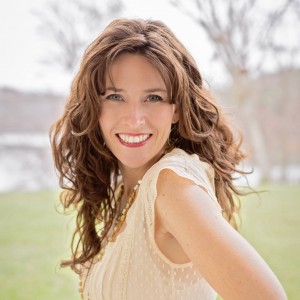
MM Finck
MM Finck is a writer, essayist, and offers query letter coaching and opening pages editing as The Query Quill. She is the Vice President, Communications for the Women’s Fiction Writers Association. She also oversees WWWB’s Interviews and Agents’ Corner segments. Her women’s fiction is represented by Katie Shea Boutillier of the Donald Maass Literary Agency.
She is a member of the Women’s Fiction Writers Association and past contest chair for the Women’s Fiction Writers Association 2016 Rising Star writing contest for unpublished authors. Her work has appeared in national and regional publications, including skirt! magazine. http://www.mmfinck.co
Her work has appeared in national and regional publications, including skirt! magazine. When she isn’t working on her work-in-progress PIN UP, you can find her biting her nails over her novel #LOVEIN140 which is currently on submission, belting out Broadway tunes (off key and with the wrong words), screaming herself hoarse over a soccer match (USWNT!), learning to play piano (truly pitifully), building or fixing household things, or otherwise trying to squeeze more than twenty-four hours out of every day. She is active on Facebook, Twitter, Goodreads, and Litsy (@MMF). Say hi! http://www.mmfinck.com/queryquill
Category: Agents, Contemporary Women Writers, Interviews, On Publishing, On Writing




